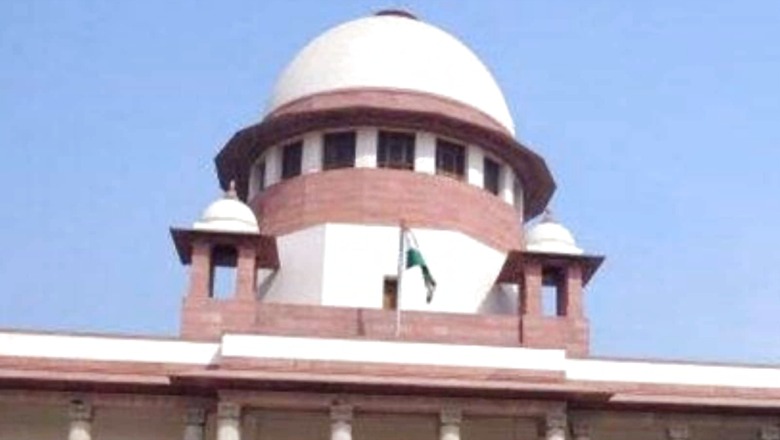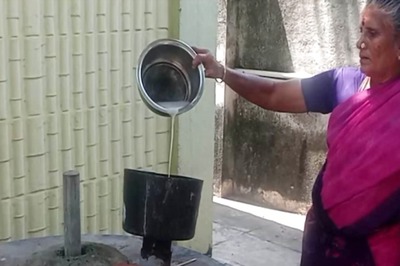
views
The Supreme Court on Monday suspended any further proceedings before the high courts in cases involving the Information Technology (Intermediary Guidelines and Digital Media Ethics Code) Rules 2021 or the Cable TV Networks (Amendment) Rules, 2021.
The ruling was issued by a bench of Justices A M Khanwilkar and A S Oka while considering a number of petitions, including those concerning hate speech and OTT (over the top) platform rules.
“We direct stay of further proceedings pending before the high courts in the respective cases or to be filed hereafter until the next date of hearing involving a challenge to the IT Rules or Cable TV (Amendment) Rules, which are the subject matter of proceedings in these cases,” the bench stated.
The Centre’s Solicitor General Tushar Mehta told the bench that the Supreme Court is currently hearing multiple petitions in the case. According to him, some high courts have ordered the statutory regulations to stay, and the Centre has filed special leave petitions (SLPs) to challenge such judgments.
In addition, Mehta said: “Can your lordships consider granting stay so far as transfer petitions are concerned so that no further orders are passed.”
According to him, the bench also issued notices on the petitions that had not yet received notices.
Key Facts
Here are the major features of The Information Technology (Intermediary Guidelines and Digital Media Ethics Code) Rules, 2021:
• Significant social media intermediaries (SSMIs) are those that have a number of registered users in India that exceeds a recognised level. SSMIs must perform further due diligence, such as appointing compliance personnel, permitting the identification of the first originator of information on its platform under specific conditions and using technology-based procedures to identify certain categories of content on a best-effort basis.
• The Rules establish a framework for the regulation of news and current affairs content, as well as curated audio-visual content, by online publishers.
• All intermediaries must provide a grievance redress process for users or victims to resolve complaints. For publishers, a three-tier grievance redress system with varying levels of self-regulation has been prescribed.
However, according to the Ministry of Electronics and Information Technology, the changes were required due to widespread concerns about:
• The prevalence of child pornography and content depicting sexual violence.
• The spread of fake news.
• The misuse of social media.
• Content regulation in the case of online publishers, including OTT platforms and news portals.
• The lack of transparency and accountability from digital platforms.
• The rights of digital media platform users.
Read all the Latest India News here




















Comments
0 comment